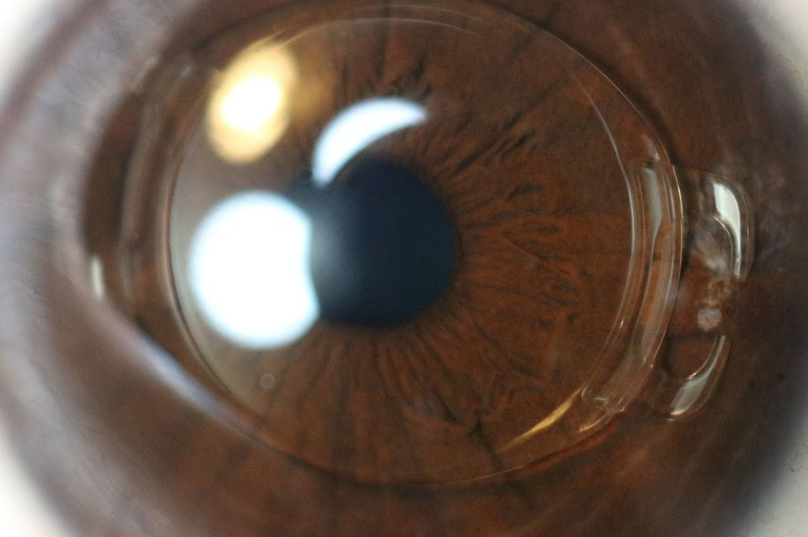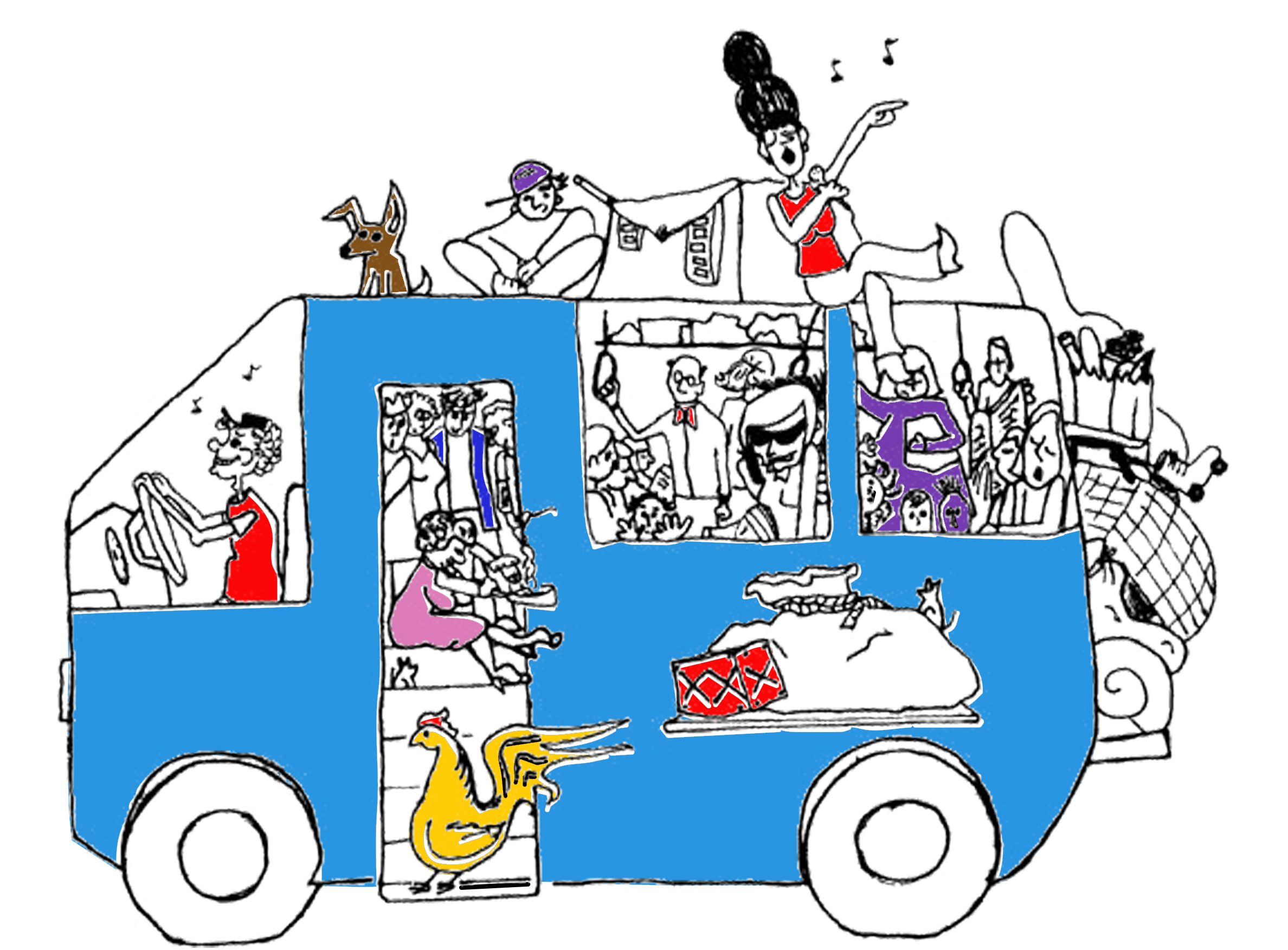To Salvage Sanity, First, Recognize “Crazy”
by Carol S. Hyman
 These are crazy times in America. Of course, most people think it’s others who make it that way. As someone who, at one point in my life, was quite justifiably called crazy, I’ve thought a lot about what that word means. More importantly, I’ve thought about what it is to be sane and how we, as individuals and as members of society, might get there. Because I think we can salvage sanity, if enough of us are willing to work at it. It won’t be easy, but if you want to volunteer for the project, applying mindfulness is a good way to start.
These are crazy times in America. Of course, most people think it’s others who make it that way. As someone who, at one point in my life, was quite justifiably called crazy, I’ve thought a lot about what that word means. More importantly, I’ve thought about what it is to be sane and how we, as individuals and as members of society, might get there. Because I think we can salvage sanity, if enough of us are willing to work at it. It won’t be easy, but if you want to volunteer for the project, applying mindfulness is a good way to start.
The word crazy comes from a word meaning full of cracks. When human beings are divided within ourselves and within our society, you could say we’re cracked and it makes us crazy. When a whole lot of us are crazy, we may, as a group, redefine sanity to be consistent with the status quo, but that doesn’t make it so. Normal isn’t the same as sane, especially when the world is suffering from an epidemic of strident confusion.
The word sane comes from one meaning health. Health is a state of well-being in which individuals are not divided against themselves. Sanity comes from wholeness, which is only possible when we recognize and work to heal our cracks. Wholeness is wholesome, and when enough individuals work toward healing themselves, society gets to come along for the ride.
It’s not just America. Our whole global society is on a pretty crazy ride. Not feeling at ease within ourselves, not trying to understand the perspective of those who hold different views, and not knowing how to do anything to change those things – these and other tendencies make us susceptible to the afflictions of distraction and projection. These afflictions keep us cracking our world apart and, perhaps counter-intuitively, are also tools we use to cover up the fact that we’re doing that. Here’s how that happens.
When we are anxious, or bored, or simply not comfortable in our own skin, we look for ways to avoid our awareness. Instead of being present, our minds jump around and our experience is fragmented. We rehash the past and rehearse the future, seek entertainment, or self-medicate, all in search of an alternative reality we hope will be more pleasant than the circumstances in which we find ourselves. That’s distraction.
Then, in the midst of distraction, we fail to take responsibility for our own discomfort, which we could do if we were willing to investigate and find our way through it. Instead we scan the horizon around us so we can pin the tail on the donkey. Or the elephant. Or the infidels or radicals or anybody else that comes to mind. The problem is not me, the problem is out there. There’s us and there’s them. That’s projection.
But distraction and projection are just Band-Aids. They, and other strategies we come up with to ward off our direct experience, only allow us to cover over the cracks temporarily. Reality is relentless; it trumps any tricks we try to play in our attempt to avoid discomfort by escaping or by telling ourselves stories in which we nail down what’s what and whose fault it is. Reality is always more complex, nuanced, and uncertain than we’d like to admit. No matter how hard we try to control things, change is always on life’s agenda. And the only ultimately successful way to meet change is to open to it.
When we are open, awake, alert, and present, we see our circumstances with clarity and can work with them skillfully. Salvaging sanity requires opening ourselves to reality. But opening ourselves completely and fully to all situations and emotions, and to all people, seems impossible. After all, we’ve spent a lifetime developing and maintaining our preferences.
We can’t imagine not trying to get the things we want. We can’t imagine not trying to ward off the things we don’t want. We can’t imagine not trying. But it is exactly all that trying that keeps us firmly in the grip of craziness. Only by being willing to stop and experience what actually is, in this moment – directly, thoroughly, and without trying to change it – can we look within ourselves so we can begin to heal our own cracks. Training in mindfulness is a tool to help us do the work of becoming whole.
If we want to salvage sanity, we need to stop distracting ourselves from the task at hand. We need to stop projecting blame onto others for anything. Applying mindfulness in interaction with others, especially those with whom we disagree, allows us to express our inherent human intelligence and compassion and contribute to a healthy, wholesome society.
Call me crazy, but I think it could work.




